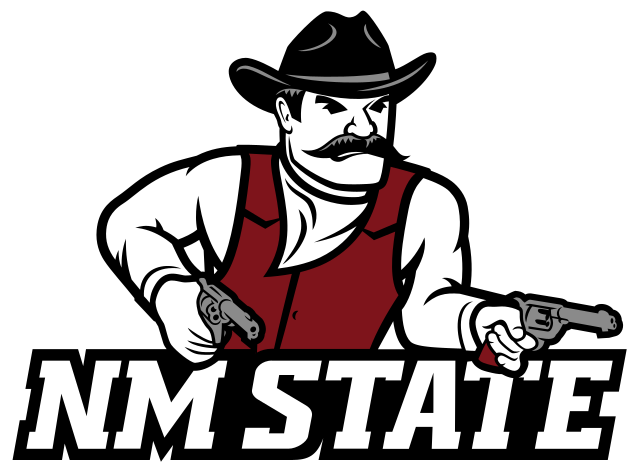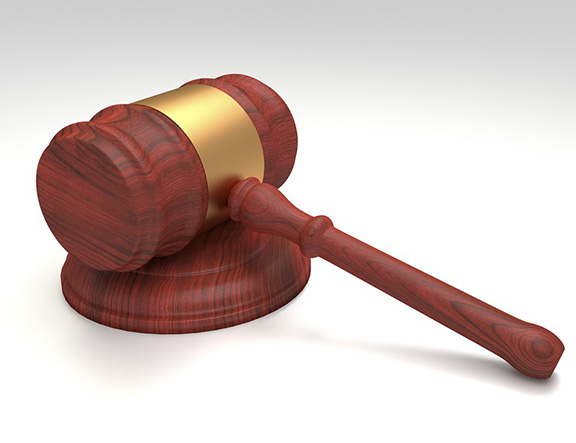A.D.ministration: Surviving and thriving with committee work
The life of an athletic administrator usually includes a variety of responsibilities, and there’s a very good chance that he or she has to serve on a committee or even serve as the leader of one or more.
 A committee may exist to create league schedules for the various sports, to provide a service for a state professional association or to meet for a specific purpose, such as creating a mission statement. Regardless of the purpose of the committee, there are pros and cons associated with this work-related grouping of individuals.
A committee may exist to create league schedules for the various sports, to provide a service for a state professional association or to meet for a specific purpose, such as creating a mission statement. Regardless of the purpose of the committee, there are pros and cons associated with this work-related grouping of individuals.
For difficult or high-profile decisions, a committee often provides another valuable aspect. When criticism arises, it cannot be directed at one person. It’s much more difficult to consider that an entire committee would have vested interests or a bias. Therefore, a committee approach can help deflect or diffuse negative reactions and blame.
On the other hand, completing the project may, and usually does, take a lot longer with a committee approach as opposed to a single individual. Why? Each member has an assignment or responsibility to complete, and the individual pieces have to be discussed and put together as one final document or effort. This process entails time and perhaps will not be resolved until the next meeting — weeks or months later.
When a member misses a meeting or does not complete their assignment on time, this may also delay the completion of the project or decision. This often compromises the effectiveness of the committee and adds frustration to the process.
However, committees are essential to schools, leagues and professional associations and they do produce a great deal of helpful, practical materials, documents and initiatives.
Since committees are integral parts of an athletic administrator’s professional life, it only stands to reason that one would want to make the involvement more efficient, effective and professional. The following suggestions should help.
Excelling with committee work
1. Choose a chairperson. Select an organized and focused individual to serve as the chair of the committee. Often, the total success depends upon this person in order to control the discussion at meetings, the diversity of ideas, the personalities of the group, and to maintain the necessary time frame for the completion of the task. Therefore, a person with good interpersonal skills, a sense of humor, and tact may be extremely helpful to fill this role.
2. Understand the goals. Be sure that you and the other members of the committee clearly understand the directive or purpose of the committee. Ask questions and get clarification for any items that may be ambiguous and confusing. Without a clear sense of direction, the work of the committee will not ultimately be effective and may even be a waste of time.
3. Outline deadlines and benchmarks. Set due dates that provide enough time to complete the assignments and also serve to meet the objectives of the committee. You may want to also build in a buffer in order to ensure the total completion of the project by the required date. By asking the individual members to turn in their parts a few days before the actual due date of the final report, you have a few days to track down missing or incomplete items.
4. Pass out agendas. Always have an agenda for every committee meeting in order to use every minute wisely. Since all members are extremely busy and have other responsibilities, you cannot and should not waste any time.
5. Prepare supporting documentation. Make enough copies in advance of supporting documents, rough drafts, examples from other committees or whatever materials you intend to share and discuss at your meeting. Everything that you can do to improve the efficiency of the meeting needs to be done.
6. Give directions. Post signs at the front doors of the building with arrows pointing toward the meeting room. This is especially important, since some of the committee members may never have been to your school and you can’t expect them to know the location of the meeting. It has to be easy for them.
7. Prepare equipment. Set up the projector or other equipment that you intend to use during your committee meeting at least an hour before the scheduled start. In this manner, you have time to solve any operational problems and to get a replacement if needed.
8. Establish rules of order. Remind all participants that they need to be respectful and listen when others offer an opinion or idea. In order to get the greatest level of contribution, everyone has to feel that they can add to the conversation and that their point of view will be heard and considered.
9. Make assignments clear. Before ending the meeting, make sure that everyone knows his or her assignment, when it’s due and when you will meet again. Since you will want to touch base between meetings and to provide reminders and updates, make sure that you have everyone’s current email address and phone number.
10. Show appreciation. Always thank members of the committee for their work and for attending the meetings. Since this likely is a non-paid, volunteer position and they have many other professional responsibilities, they need to feel valued and appreciated. It’s also extremely important to publicly acknowledge their contributions at general meetings of the league or state associations.
11. Offer refreshments. Provide some basic refreshments, particularly if the members of the committee have a distance to travel in order to participate in meetings. Supplying a beverage and a snack is a small token to acknowledge that the members are going out of their way and making a sacrifice to contribute.
As with most responsibilities held by an athletic administrator, thinking ahead and planning goes a long way toward hosting or leading successful committee meetings. With everyone’s time maxed to the limit, one has to do everything possible to be efficient, effective and professional.
David Hoch, CMAA, has 16 years of experience as a high school athletic director and served for 12 years as the executive director of the Maryland State Coaches Association. In 2000, he was named Athletic Director of the Year by the Maryland State Athletic Directors Association. His column, A.D.ministration, focuses on issues in athletic administration and appears regularly in Coach & Athletic Director magazine.





